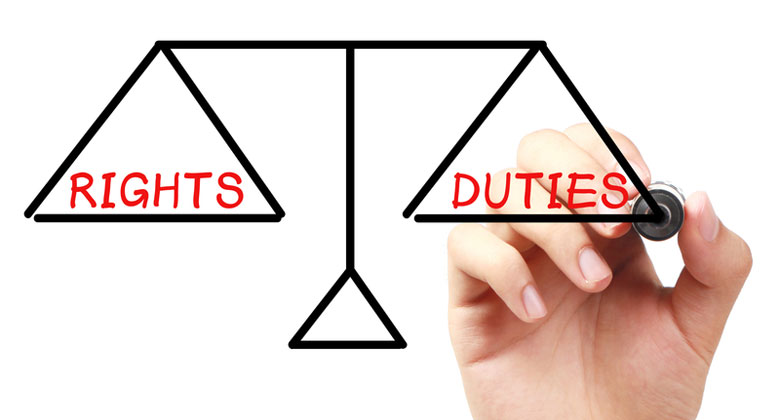Director’s Duties – are they important?
Many directors when appointed just want to get on with the business of running their company. They want to be creative and entrepreneurial. However, directors are responsible for the day to day management of their company. They are therefore subject to a number of checks and balances particularly those contained in legislation and whilst the directors should have the freedom to perform their duties as they see fit in terms of driving the business forward, balanced against this is the need to prevent them from abusing that freedom.
The key framework that directors are required to work within is the framework created by both their company’s Articles of Association and company law. There are plenty of other pieces of legislation directors must be aware of relating to matters such as health and safety, employment and solvency, but these are not the subject of this article.
The Companies Act 2006 (“the Act”) regime sets out seven key duties which directors must comply with. These are contained in sections 171-176 of the Act and the duties include requirements for directors to act in good faith, exercise independent judgment, act with reasonable care, skill and diligence and a duty to avoid conflicts of interest etc.
Why are they important?
The general duties are important mainly because a failure by a director to comply with any of the general duties has potentially serious consequences for that director, namely the exposure to personal liability. Such liability can arise for example when a director permits the company to trade wrongfully or where a director has made a personal gain from knowledge about the company’s affairs which was not generally available to its members i.e. insider dealing.
There are circumstances where a breach of the duties can be ratified; or indeed a director can purchase insurance to help protect himself from the consequences of such breaches. Despite these protections, directors must still tread carefully as there can also be professional consequences arising from such breaches, for example they could be disqualified from acting as a director.
It should also be remembered that these duties apply equally to all directors not just the executive team. Non-executive directors and shadow directors are also required to comply with the duties.
The key point for all directors no matter their seniority in a business is to ensure that they keep themselves informed about what is going on in the business, and participate in its management. This means they should not sit by and let other directors act without being prepared to challenge them, no matter how dominant they are.
If you have any questions or would like further information in relation to director duties, please contact us on 01225 585756 or email us on [email protected]





